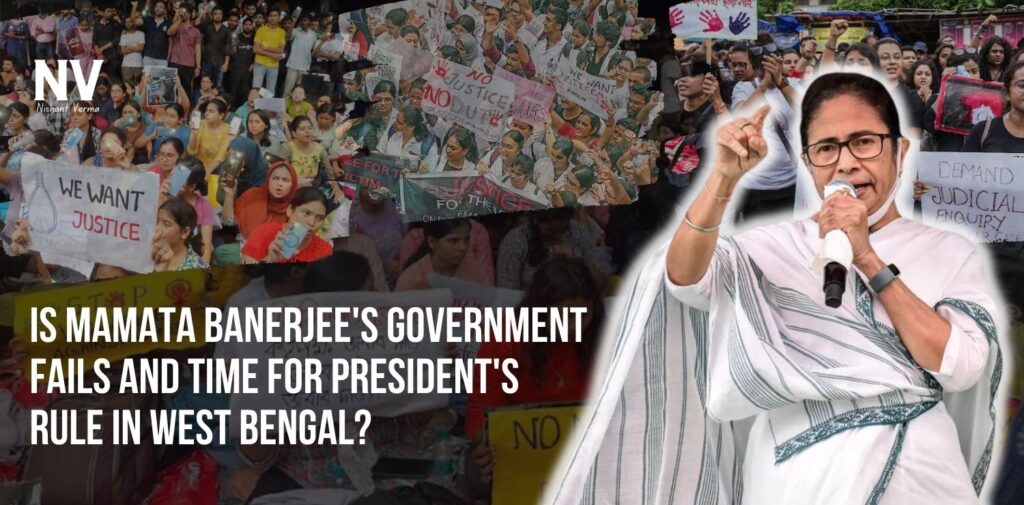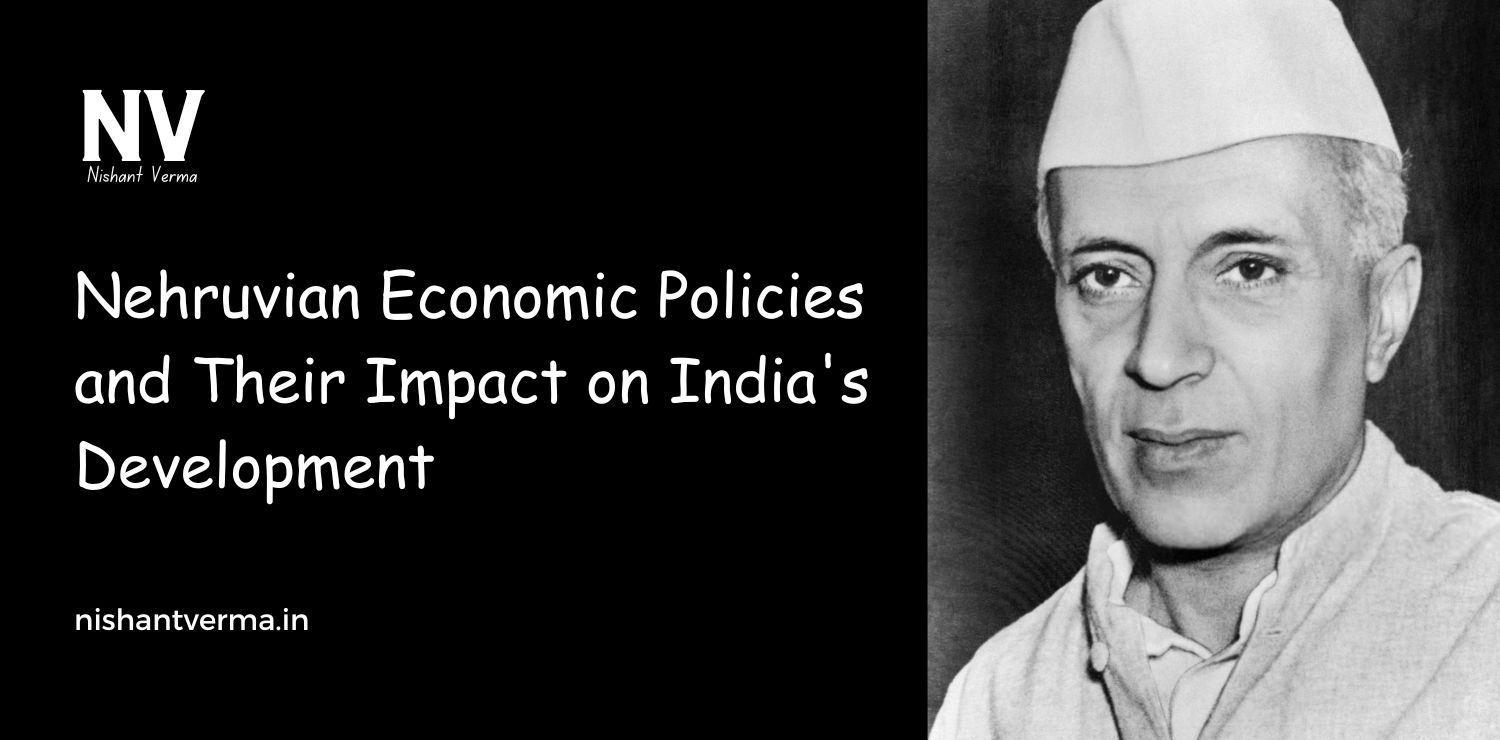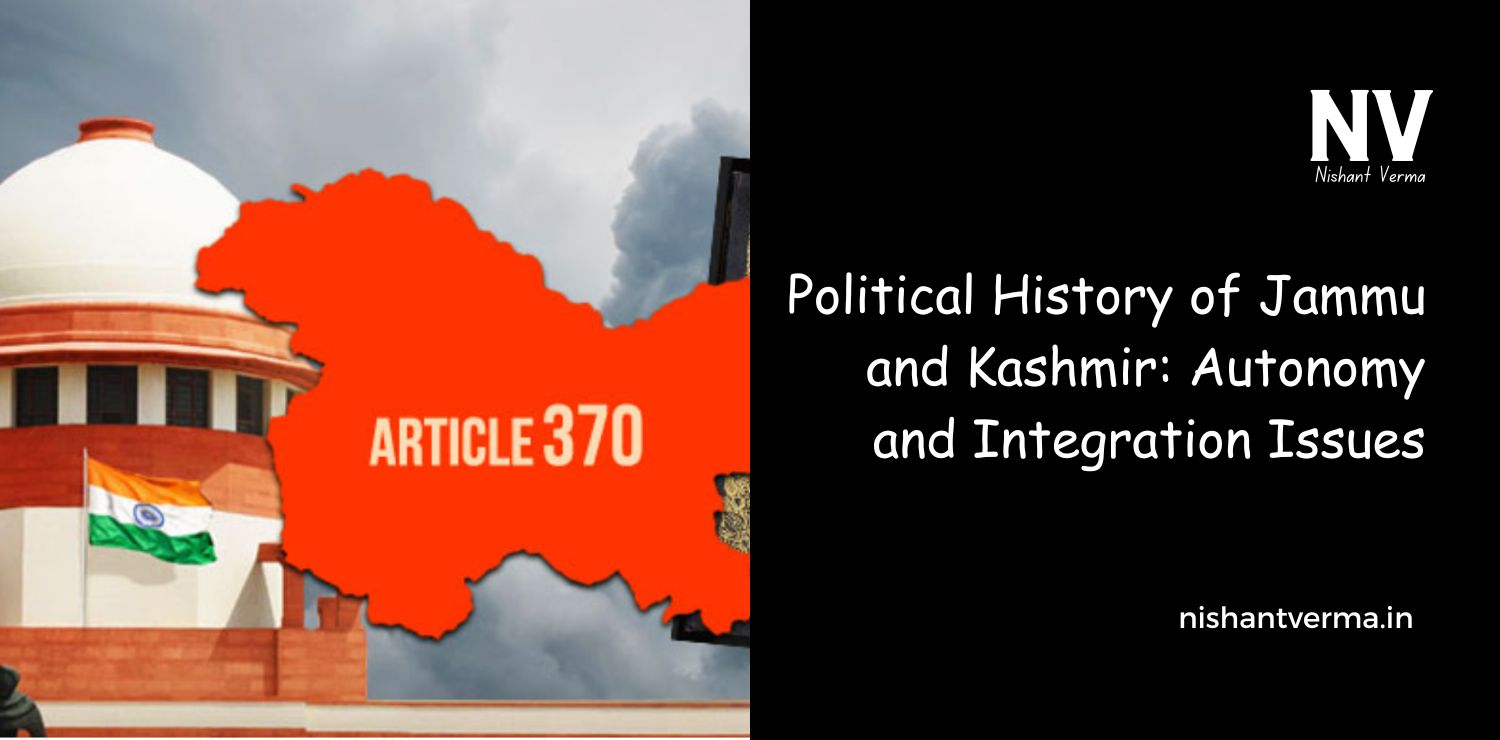The political landscape of West Bengal has been marred by continuous unrest and controversy, raising serious questions about the functionality and credibility of the state government. With a growing sense of dissatisfaction among the public, many are questioning whether the government should be held accountable for its failures, or if it’s time for a more drastic intervention in the form of President’s Rule. The ongoing turmoil—whether related to allegations of violence, accusations of governmental corruption, or administrative failures—has brought the state’s governance to the forefront of national debate. Is West Bengal on the verge of witnessing the imposition of President’s Rule? Or will the state government be able to redeem itself before it’s too late?
A Government on the Edge: Can It Deliver?
West Bengal, under Chief Minister Mamata Banerjee’s leadership, has experienced a tumultuous tenure. While Mamata’s rise to power was marked by promises of change and development, many now feel that the government has failed to live up to its commitments. From accusations of widespread corruption to law and order issues, the state appears to be spiraling into chaos.
The recent outcry surrounding the alleged rape and murder of a Kolkata doctor has only intensified calls for the central government’s intervention. Protests and public uproar have placed a spotlight on the state’s inability to maintain peace and justice, with many citizens feeling abandoned by their leaders. This case, and others like it, have exposed serious flaws in the state’s administration, with critics arguing that the government is either unwilling or unable to address the concerns of its people.
Should the state government not rectify its approach and take decisive action, it runs the risk of becoming irrelevant. The central government might have no choice but to step in if the situation does not improve. After all, when governance fails, who ensures the safety and security of the people?
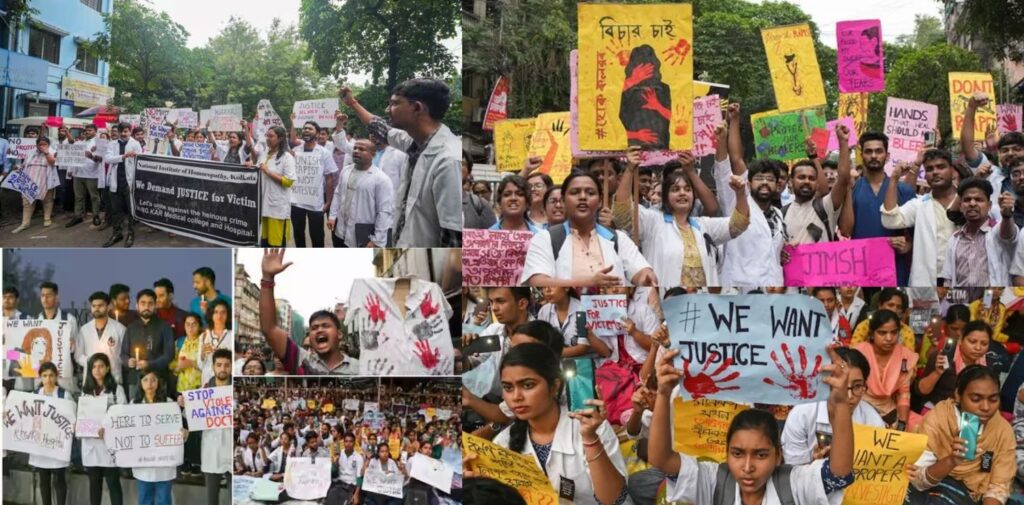
Mamata Banerjee’s government Lost Faith: A Breakdown in Trust
One of the most telling signs of a government’s failure is the loss of public trust. According to recent reports, including remarks from the Governor of West Bengal, many citizens no longer believe in the state’s ability to govern effectively. The Governor himself has remarked on the erosion of faith in the current administration, suggesting that the government has lost its mandate to rule.
This loss of confidence stems from various factors: rising incidents of violence, political unrest, and a perceived disregard for the rule of law. The opposition, particularly the BJP, has been vocal in its criticism, labeling the Chief Minister and her administration as being complicit in acts of lawlessness. The opposition’s demand for President’s Rule is gaining traction, with leaders openly calling the Chief Minister a “murderer” and a “gangster’s leader” .
In a democracy, the government is supposed to represent the will of the people. However, when a large portion of the population feels disenfranchised and unsafe, can the government still claim legitimacy? If the current leadership cannot restore faith, should it not resign in favor of more effective governance? Or does this necessitate intervention from the central government?
President’s Rule: A Necessary Evil?
The imposition of President’s Rule, as outlined under Article 356 of the Indian Constitution, is seen as a last resort, a measure to be taken when the state government is no longer able to function according to constitutional provisions. President’s Rule essentially suspends the state government and places the state under direct control of the central government.
Calls for this extreme measure in West Bengal have been growing louder, especially from political opponents and some civil society members. They argue that the breakdown of law and order, coupled with the government’s alleged inability to ensure justice, warrants such a drastic intervention. But President’s Rule is not without its controversies. Critics argue that it undermines the federal structure of India and can be misused for political purposes.
The question remains: is President’s Rule justified in West Bengal’s case? Those in favor argue that the state’s governance has reached a tipping point, with rampant violence, a crumbling justice system, and widespread public dissatisfaction. On the other hand, opponents of President’s Rule argue that such a move could further destabilize the state, exacerbate political tensions, and set a dangerous precedent for future interventions by the central government.
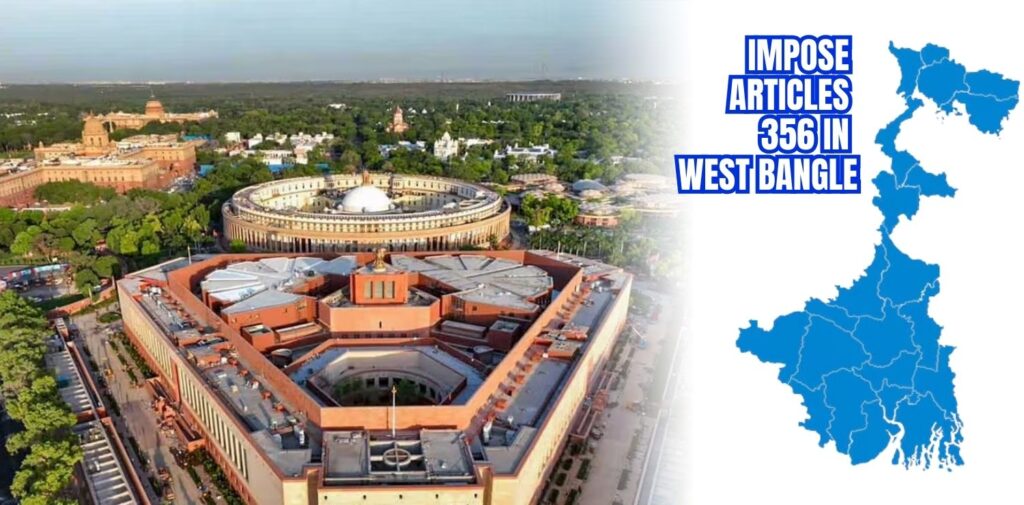
What Next? Time for Action or Resignation?
West Bengal stands at a crossroads. The government must either take swift and effective action to restore order, peace, and faith among its citizens, or it must face the possibility of being replaced. This is not just a question of maintaining power; it is about the very essence of governance. A government that fails to protect its people, ensure justice, and uphold the law cannot claim to be legitimate.
If Mamata Banerjee’s administration is unable to take decisive steps to address the underlying issues plaguing the state—whether it be lawlessness, corruption, or the collapse of public trust—it should consider stepping down. Resignation may be the honorable and necessary path if the state government cannot turn the tide. This is not a matter of political gamesmanship but of ethical governance.
Should the government continue to cling to power without addressing these critical issues, the central government may have no choice but to impose President’s Rule. Such a decision would undoubtedly be controversial, but it may be the only way to restore order in a state where chaos currently reigns supreme.
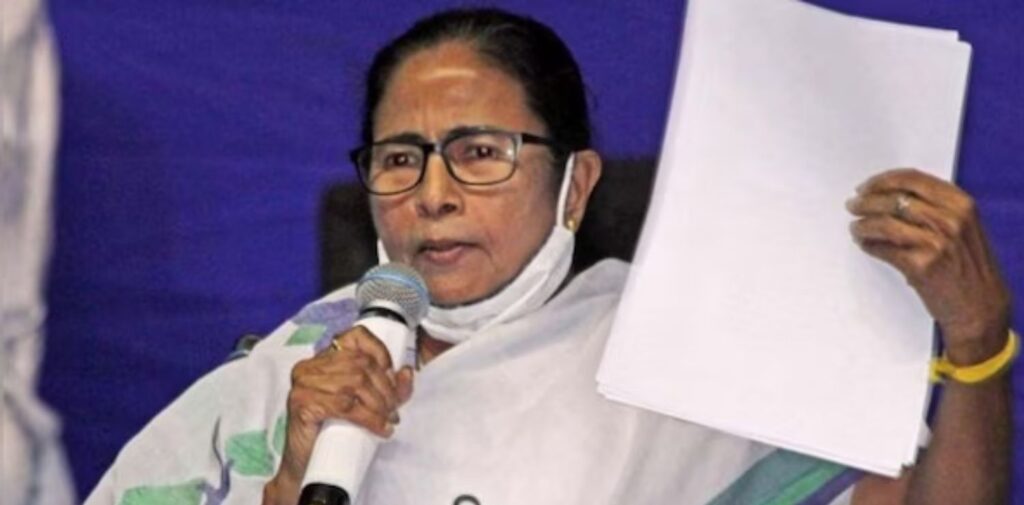
The Final Call
West Bengal’s current predicament is not just a reflection of the failures of one political party or administration; it is a testament to the fragility of governance when it loses sight of the people it serves. As protests mount and public trust erodes, the state government faces a moment of reckoning. Will it rise to the occasion, take responsibility, and restore faith in its institutions? Or will it continue to flounder, allowing lawlessness and unrest to deepen the crisis?
The central government, too, has a role to play. If it determines that the state can no longer function effectively, President’s Rule may be the only viable option left. However, this path is fraught with its own risks and challenges. The imposition of central rule could either stabilize the state or plunge it further into political and social turmoil.
Ultimately, the people of West Bengal deserve a government that works for them, not against them. If the current administration cannot deliver, then it must make way for one that can—whether that means a change in leadership or the imposition of President’s Rule remains to be seen. The time for excuses is over; action must be taken, one way or another.

